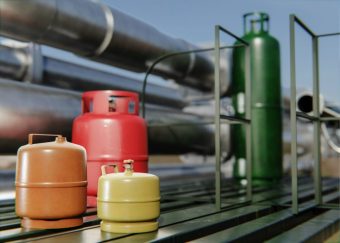The European Commission has published the State of the Energy Union Report for 2024, highlighting how the European Union has responded to security and energy challenges during the mandate of the current Commission.
Several key achievements from previous years were highlighted. Renewable energy sources have reached new capacity records, with the latest data showing that in the first half of 2024, half of the electricity generation in the European Union came from renewable sources. At the same time, wind energy climbed to the second-largest source of electricity, right behind nuclear energy.

One of the European Union’s goals was to reduce dependency on Russian gas imports. A positive trend is observed when considering that in 2021, imports amounted to 45 percent, but by June 2024, this was reduced to 18 percent. Simultaneously, imports from reliable partners such as Norway have increased. Overall, gas consumption decreased by 138 billion cubic meters between August 2022 and May 2024. Furthermore, the target of reaching 90 percent of gas storage for the winter by November 1 was achieved on August 19.
When reflecting on the energy crisis of 2022, energy prices are significantly more stable and lower compared to the peak levels during that period.
More:
- 50.4 Million Euros Secured for the Largest Floating Solar Power Plant in Europe
- In Germany, More Than 60 Percent of Electricity Comes from Renewable Energy Sources
- The Role of Hydrogen and Iron in an Innovative Solution for Solar Energy Storage
Success was also achieved in reducing greenhouse gas emissions, which have dropped by 32.5 percent between 1990 and 2022, while the EU’s economy has grown by around 65 percent during the same interval.
Through the Innovation Fund, with a budget of approximately 40 billion euros by 2030, the European Union will provide support for zero-emission technologies, with a successful round of auctions for renewable hydrogen projects, as noted in the report.
Another important fund is the Social Climate Fund, which will mobilize at least 86.7 billion euros for the period 2026-2032. This fund is financed through revenues from the Emission Trading System (ETS) and co-financed by member states. Its goal is to support energy-efficient measures, such as access to affordable and energy-efficient housing, clean cooling and heating, integration of renewable energy sources, as well as zero and low-emission mobility.
Energy portal



